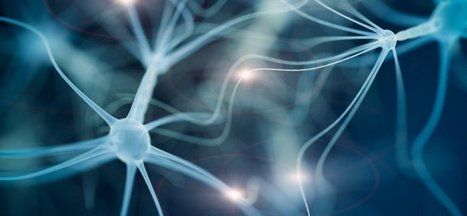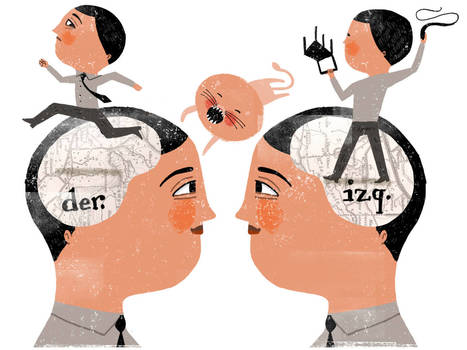Even though many people feel that success is all about whom you know, success is almost always based on what you know. That's why so many people want to learn faster, retain more information, and improve their memories.
And that's why most successful people are constant learners; that's how they stay successful.
So if you want to improve your ability to learn, here's an approach you should try: Instead of blocking (focusing on one subject, one task, or one skill during a learning session) learn or practice several subjects or skills in succession.
The process is called interleaving: Studying related concepts or skills in parallel. And it turns out interleaving is a much more effective way to train your brain (and your motor skills.)
Learn more / En savoir plus / Mehr erfahren:
https://www.scoop.it/t/21st-century-learning-and-teaching/?&tag=Learning+2+Learn
https://www.scoop.it/t/21st-century-learning-and-teaching/?&tag=learning+faster



 Your new post is loading...
Your new post is loading...









Even though many people feel that success is all about whom you know, success is almost always based on what you know. That's why so many people want to learn faster, retain more information, and improve their memories.
And that's why most successful people are constant learners; that's how they stay successful.
So if you want to improve your ability to learn, here's an approach you should try: Instead of blocking (focusing on one subject, one task, or one skill during a learning session) learn or practice several subjects or skills in succession.
The process is called interleaving: Studying related concepts or skills in parallel. And it turns out interleaving is a much more effective way to train your brain (and your motor skills.)
Learn more / En savoir plus / Mehr erfahren:
https://www.scoop.it/t/21st-century-learning-and-teaching/?&tag=Learning+2+Learn
https://www.scoop.it/t/21st-century-learning-and-teaching/?&tag=learning+faster